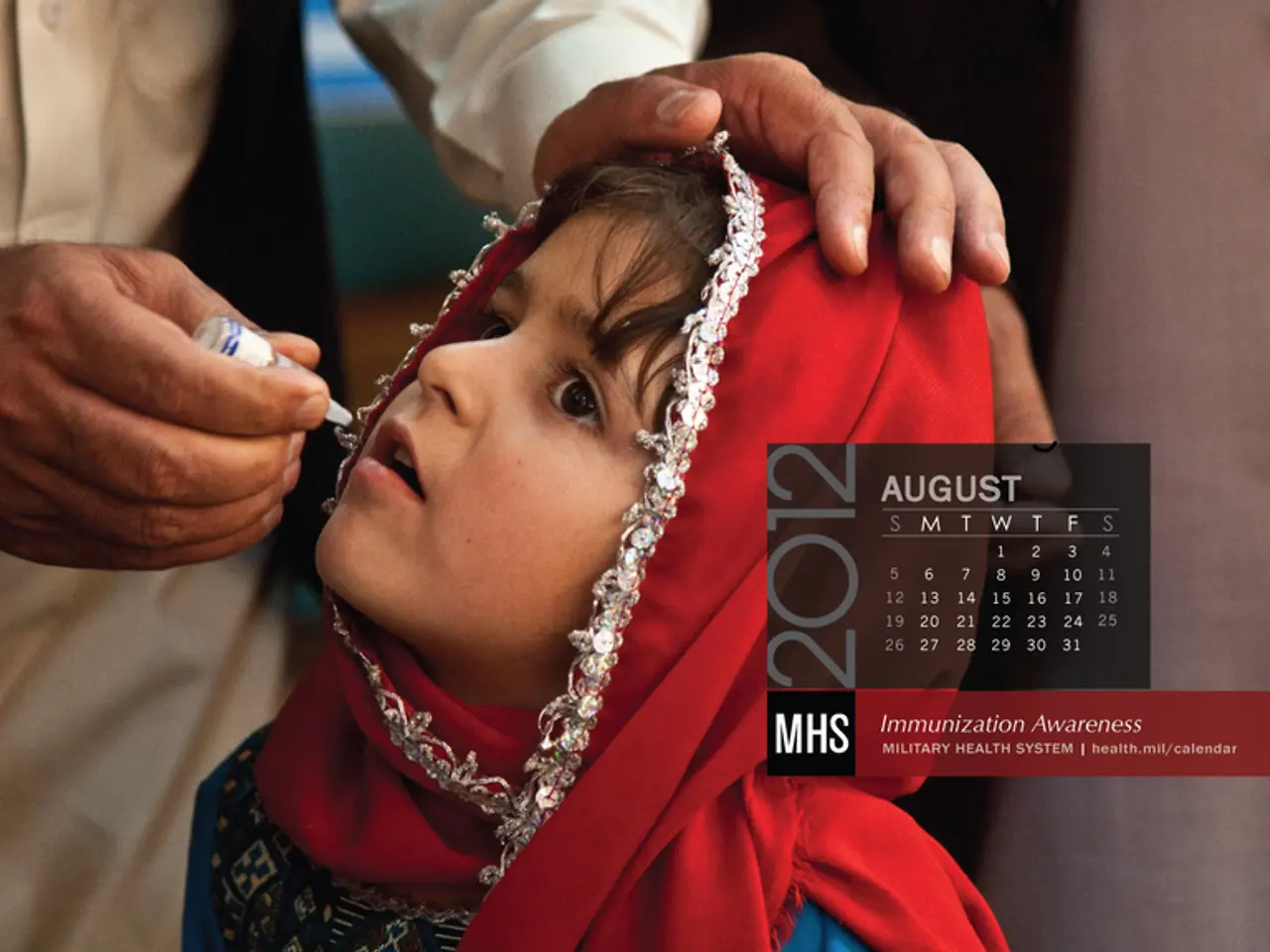West Coast states, led by California, establish separate vaccine guidelines apart from the Centers for Disease Control and Prevention (CDC)
California Governor Gavin Newsom has signed a law giving California the power to set its own immunization schedules based on independent and state health experts, marking a break from decades of trusted reliance on the Centers for Disease Control and Prevention (CDC) for immunization guidelines. This move comes as the West Coast states of California, Oregon, Washington, and Hawaii are offering their own vaccine guidelines separate from federal health policies.
The West Coast Health Alliance (WCHA) has issued their own joint vaccine guidance ahead of the winter respiratory season. According to the WCHA, for the flu shot, children as young as 6 months old, all adults, and pregnant women are recommended to receive the vaccination. For the Respiratory Syncytial Virus (RSV) vaccine, the WCHA recommends it for children younger than 8 months, as well as anyone 75 years or older. The WCHA also suggests the RSV vaccine for all other ages if a person has risk factors.
For COVID-19, the WCHA's guidance includes vaccinating all children 6 months to 23 months and those 2 years old to 64 years old who have risk factors. The WCHA recommends all pregnant, lactating, and postpartum women, as well as those planning to become pregnant, be vaccinated. Dr. Sherrill Brown, the director of infection prevention at AltaMed Health Services, will be following the WCHA's guidance in her practice. She believes anyone who wants a COVID vaccine should be able to get one.
The CDC's requirements for the COVID vaccine differ from the WCHA's guidance. The CDC now requires healthy adults 65 and younger to consult with a healthcare provider before getting the COVID vaccine, while the WCHA does not make such a requirement. The CDC also requires parents of healthy kids to get a healthcare provider to sign off before their child can receive the COVID vaccine, which is not part of the WCHA's guidance.
The controversy surrounding the CDC's vaccine guidelines has escalated recently. Dr. Susan Monarez, the abruptly-dismissed CDC Director, testified before a Senate committee and claimed she was fired for holding the line on scientific integrity. Monarez accused Health and Human Services Secretary Robert F. Kennedy Jr of demanding she pre-approve changes to childhood vaccine schedules without scientific evidence.
Several senators questioned Monarez about the number of vaccines children receive, and she was open to discussing the science around the schedule but would not make a blanket promise to agree on future changes. Governor Newsom stated, "Vaccines ... they save lives. They protect you." However, he expressed concern about the purging of all 17 members of the CDC's vaccine advisory committee, stating that it makes it difficult to trust any federal recommendations.
The newly-formed CDC advisory panel is preparing to vote on its own immunization guidelines on Thursday. It remains to be seen how these guidelines will align with the WCHA's guidance and whether the controversy surrounding the CDC's vaccine guidelines will continue.
Read also:
- Is it advisable to utilize your personal health insurance in a publicly-funded medical facility?
- Dietary strategies for IBS elimination: Aims and execution methods
- Benefits, suitable dosage, and safety considerations for utilizing pumpkin seed oil in treating an overactive bladder
- Harmful Medical Remedies: A Misguided Approach to Healing




